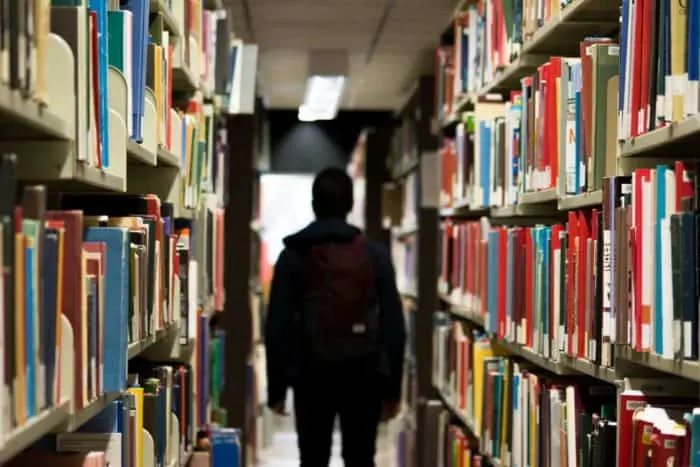College students are heading back to campus this month, and it’s the perfect opportunity to start the new semester off right by taking a proactive role in personal safety. There is so much to consider, and parents worry when their child goes to college, but with these campus safety tips, parents will have a better peace of mind.
Campus safety refers to the measures and practices put in place to ensure the well-being and security of individuals within a college or university campus. It encompasses various aspects, including personal safety, crime prevention, emergency preparedness, and the overall physical and psychological well-being of students, faculty, staff, and visitors.
Campus safety aims to create an environment where individuals feel secure, protected, and supported while pursuing their academic and personal goals. It involves proactive efforts to prevent and address safety risks, respond to emergencies effectively, and promote a culture of safety and respect on campus.

7 Tips for Campus Safety
Ensuring campus safety is of utmost importance for college students.
Here are seven tips to promote a safe and secure environment on a college campus:
- Familiarize Yourself with Campus Security: Take the time to learn about the campus security services and resources available to you. Locate emergency call boxes, know the contact information for campus security or the local police, and be aware of any safety protocols or procedures in place. Many campuses have dedicated security personnel who patrol the campus, monitor surveillance systems, and respond to incidents. This may include uniformed security officers, campus police, or a security department responsible for ensuring the safety of the campus community.
- Travel in Groups and Stay in Well-Lit Areas: Whenever possible, travel with a friend or in a group, especially during nighttime hours. Stick to well-lit paths and avoid taking shortcuts through secluded areas. This can help deter potential risks and provide added security. Well-designed campus infrastructure, including lighting, pathways, and landscaping, can contribute to a safer environment. Adequate lighting in parking lots, walkways, and outdoor areas helps deter crime and enhances visibility, reducing the risk of accidents or assaults.
- Be Mindful of Personal Belongings: Keep your personal belongings, including laptops, smartphones, wallets, and bags, secure and within sight at all times. Avoid leaving valuable items unattended in public areas, as thefts can occur quickly. Consider using locks or safes for your dorm room or apartment to protect your possessions.
- Stay Informed and Alert: Stay informed about any safety alerts, campus notifications, or updates from campus security. Pay attention to your surroundings, trust your instincts, and report any suspicious activities or individuals to the appropriate authorities.
- Practice Responsible Drinking and Party Safety: If you choose to consume alcohol, do so responsibly and be mindful of your limits. Never leave your drink unattended, and be cautious about accepting drinks from strangers. Attend parties or social events with trusted friends, and plan transportation options in advance to ensure a safe return to your residence.
- Utilize Campus Safety Services: Take advantage of the safety services provided by your college or university. This may include escort services for walking across campus at night, campus shuttles or transportation options, or emergency blue-light call boxes that connect directly to campus security. (Campus Safety)
- Be Cyber-Security Conscious: Protect your personal information and digital devices by using strong passwords, keeping your software updated, and being cautious about what you share online. Avoid clicking on suspicious links or downloading unknown files. Familiarize yourself with the campus policies regarding internet and computer use to maintain a safe online presence.
Remember, personal safety is a shared responsibility. Stay connected with fellow students, support one another, and promote a culture of awareness and respect on your college campus. By following these tips and encouraging a safe environment, you can contribute to the well-being of the entire campus community. By addressing these various components, campus safety aims to create an atmosphere that fosters learning, personal growth, and community well-being.
